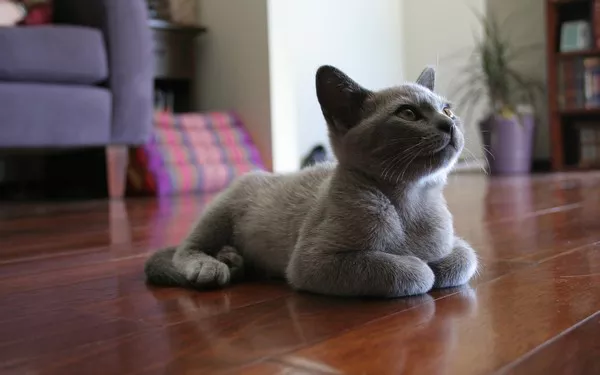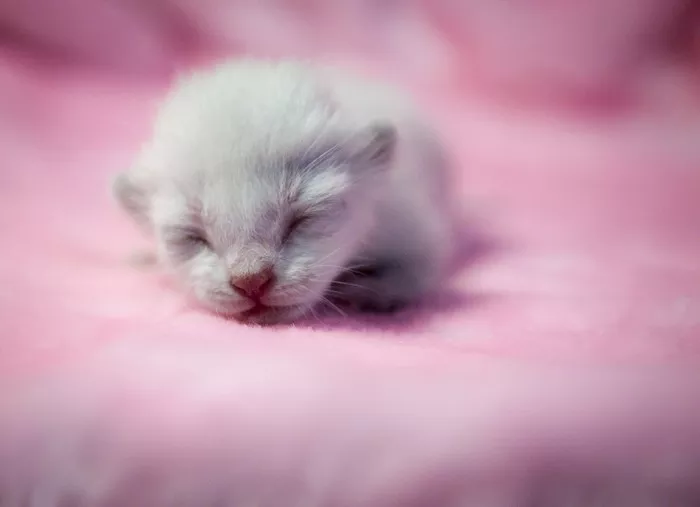In a groundbreaking survey of 1,000 cat owners, scientists from Sussex and Northumbria universities have discovered that playing fetch is not exclusive to dogs, as many cats also thoroughly enjoy the activity. This first-of-its-kind study sheds light on feline play habits, challenging preconceived notions about the preferred pastimes of our feline companions.
Published in the esteemed science journal Nature, the research suggests that cat owners should broaden their perspective on the types of stimulation their pets might respond to. The study emphasizes the innate inclination of many cats to engage in play, urging owners to consider various activities that contribute to their pets’ happiness and activity levels.
According to the report, cats generally prefer to be in control of the game and do not necessarily require formal training to play fetch. The findings emphasize the importance of recognizing and responding to individual cat preferences for play.
Jemma Forman, a doctoral researcher at the University of Sussex School of Psychology, notes, “Cats who initiated their fetching sessions played more enthusiastically with more retrievals and more fetching sessions per month. This perceived sense of control from the cat’s perspective may be beneficial for the cat’s welfare and the cat-owner relationship.”
Encouraging owners to be attuned to their cats’ needs, Forman suggests responsiveness to individual play preferences. While not all cats may be inclined to play fetch, those that do are likely to have their unique ways of participating in the activity.
The survey collected data from 924 owners of 1,154 cats, comprising 994 mixed-breed and 160 purebred felines that engage in fetch. Astonishingly, 94.4% of cats demonstrated an instinctive ability to play fetch from a young age, retrieving toys or common household items.
Among purebreds, the Siamese cat emerged as the most reported (22.5%) to play fetch, followed by Bengal (10%) and Ragdoll (7.5%). Dr. Elizabeth Renner, a lecturer in psychology at Northumbria University and co-author of the study, highlights the significance of the findings, stating, “We think it’s important because it demonstrates how much this behavior is led by cats themselves, since very few of the owners surveyed explicitly trained their cats to fetch.”


























